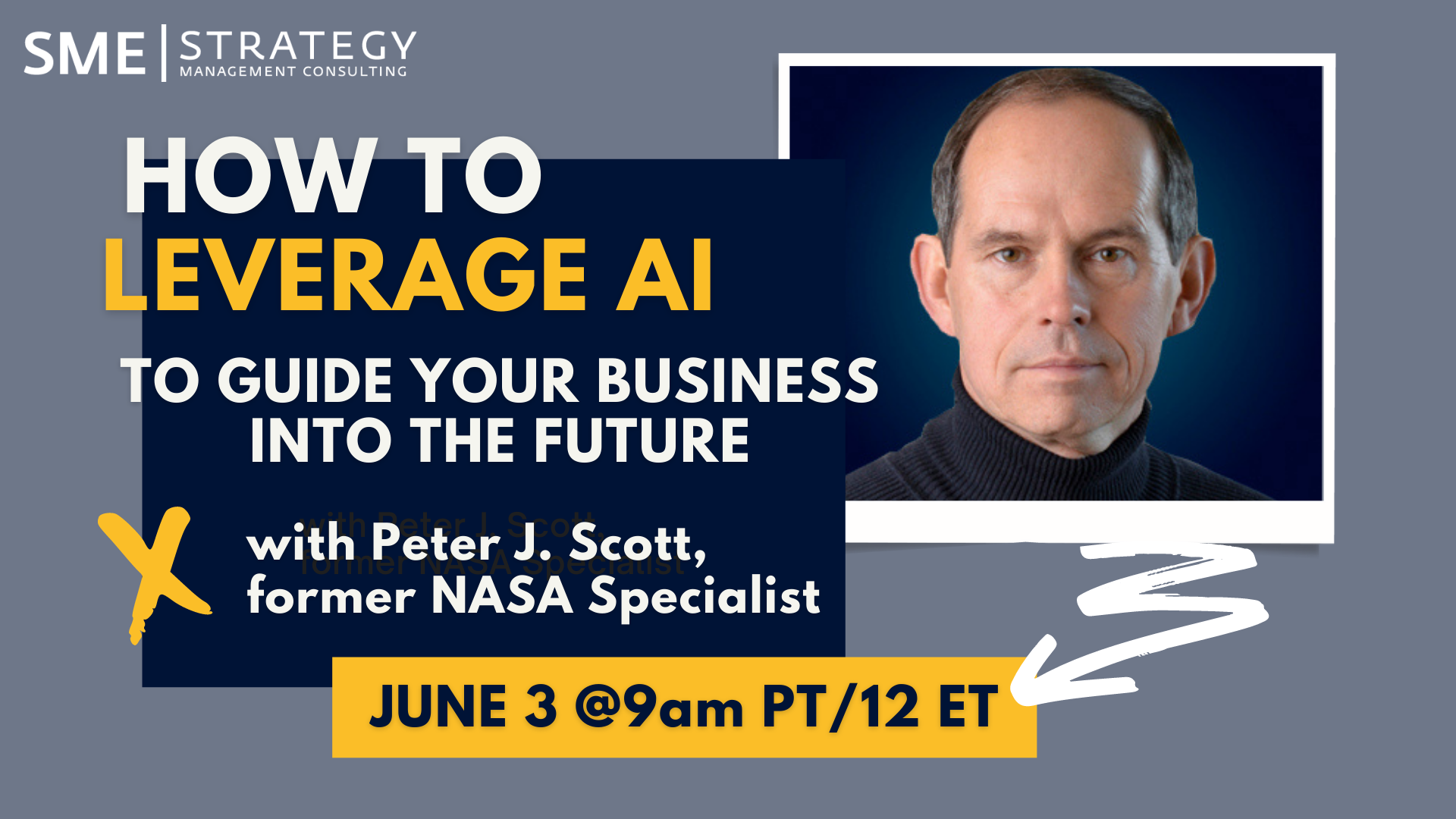
In the modern era, the combination of global high-speed internet, automation and artificial intelligence are helping to shape what looks like a promising future. But as always the case with new technology, a large amount of jobs will be either exported or eliminated altogether. Earlier this year, McKinsey predicted that one quarter of the American workforce will lose their jobs to automation by 2030. And while newer, better jobs usually emerge in place of the old, we can expect to contend with staggering job loss in the short term.
But instead of being swallowed whole by the rise of new technology, you can harness it to create a better future for your organization. On June 3rd at 9am PT (12noon ET), we'll be joined by Peter J. Scott, where he'll discuss how you can leverage AI specifically to guide your business into the future.
During our conversation on June 3rd at 9am PT (12noon ET), Peter will be sharing:
-
- What will happen to the workforce within the next decade
- How organizations can adapt and use AI to their advantage
- How to leverage AI to perform C-suite functions
- & more!
About Peter J. Scott

Peter is an IT specialist and futurist who worked for NASA for over 30 years. Now, he's the author of Crisis of Control: How Artificial SuperIntelligences May Destroy or Save the Human Race, and the host of Artificial Intelligence and You, a podcast that seeks to communicate the intricacies of both the challenges and opportunities of artificial superintelligences in a way that non-experts can grasp.
In his current work, Peter "thoroughly examines artificial superintelligences in an effort to bridge people and technology so that anyone can understand the rapid advances being made today and what they mean for both society and individuals".


